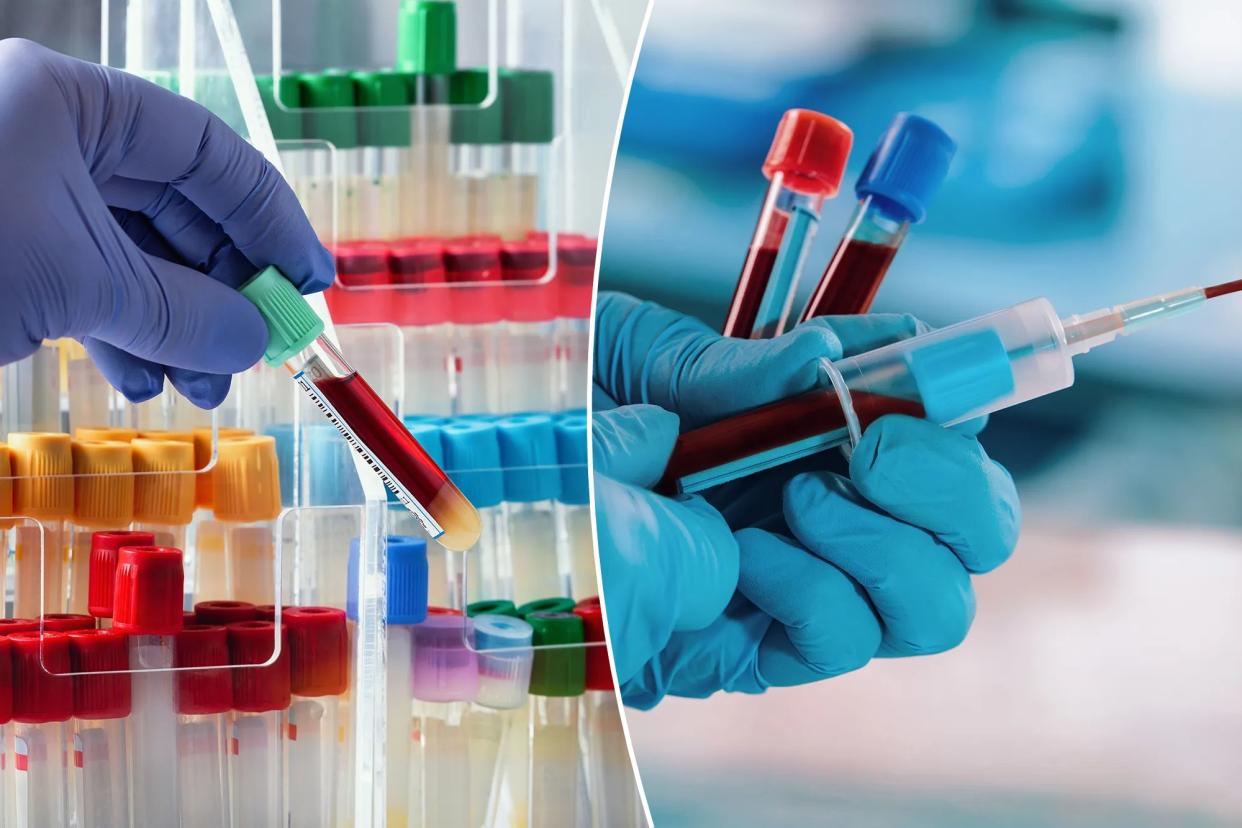Breakthrough blood test predicts schizophrenia risk, best treatments

Scientists say they have developed a breakthrough new blood test for schizophrenia — a chronic brain disorder that often causes delusions, hallucinations and disorganized speech.
The test, featured Thursday in Molecular Psychiatry, is said to evaluate a person’s risk for developing schizophrenia and identify the most effective treatment for that individual by analyzing biomarkers in their blood.
“Schizophrenia is hard to diagnose, especially early on, and matching people to the right treatment from the beginning is very important,” Dr. Alexander Niculescu, the senior author of the Indiana University School of Medicine study, said in a statement.
“Psychosis usually manifests in young adulthood — a prime period of life,” Niculescu continued. “Stress and drugs, including marijuana, are precipitating factors on a background of genetic vulnerability. If left unchecked, psychosis leads to accumulating biological damage, social damage and psychological damage.”
As many as 3.5 million Americans have been diagnosed with schizophrenia, which often presents between the late teen years and early 30s, statistics show.

Researchers tested the blood of psychiatric patients they followed for over a decade and identified biomarkers that were predictive of extreme hallucinations and delusions and psychiatric hospitalizations related to these symptoms.
They then studied which biomarkers would be best treated by certain medications.

“Fortunately, biologically some of the existing medications work quite well if initiated early in the right patients,” Niculescu explained.
“Social support is also paramount, and once that and medications are in place, psychological support and therapy can help as well,” he continued. “There is still plenty left to understand and apply about cognition and its abnormalities, but there is reason for optimism in this era of emerging precision psychiatry.”
The test is anticipated to be commercially available later this year.
Previous research has shown that fingerprint images may also have potential as predictors of schizophrenia.
A 2022 study used a machine learning-based process known as a convolutional neural network to find abnormalities in the fingerprints of people known to have schizophrenia.

